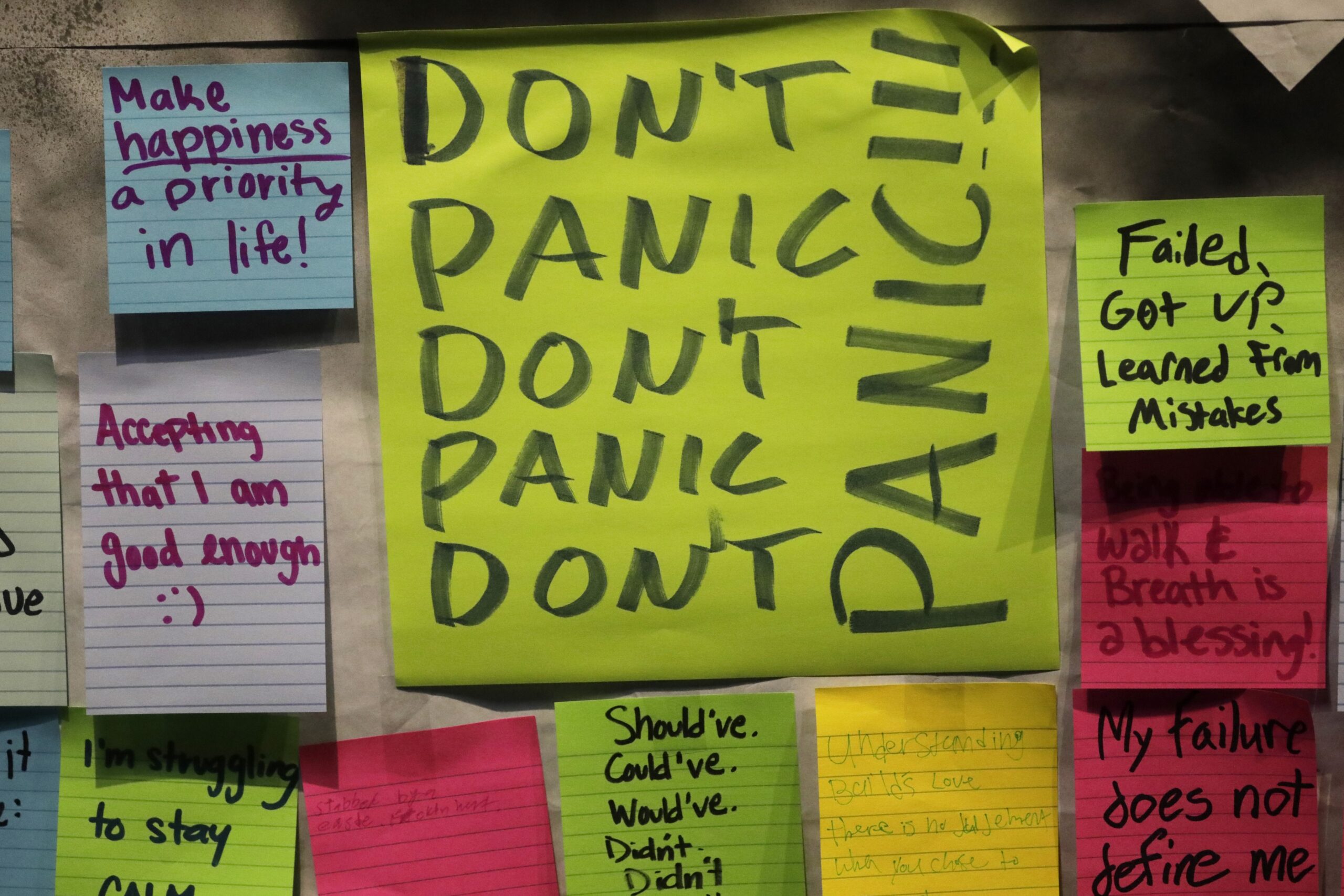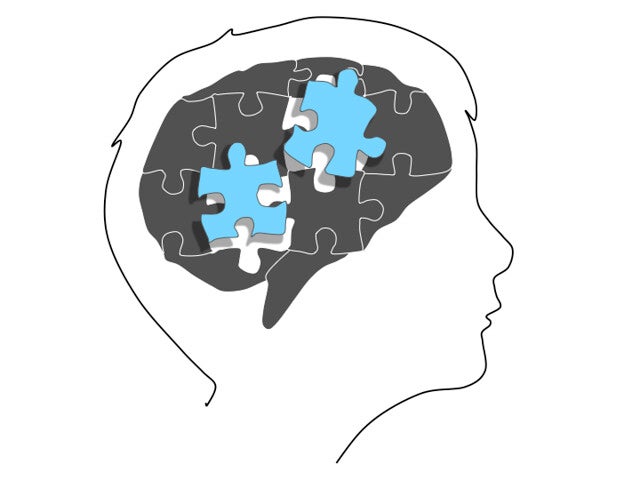While the behaviors and mannerisms of people on the autism spectrum often lead other’s to believe they are not interested in other people or are disengaged from a conversation, in most cases that is a false conclusion. We talk to a UW-Health clinician about her experience working with those on the spectrum and discuss what those not on the spectrum can do to make the effort towards a relationship. We also discuss why keeping a journal can be good for processing, memory and mood and we discuss mental health services for students as state agencies move to increase funding.
Featured in this Show
-
State Agencies Look At Boosting Funding For Student Mental Health Funding
The Department of Public Instruction announced Monday that it’s calling for $60 million in new funding for mental health services in schools, and Tuesday the Department of Justice said it would direct money left over from school safety grants for mental health training. We discuss the news with the head of a group that’s been advocating for more mental health funding for students in Wisconsin.
-
The Benefits To Keeping A Journal
Aside from preserving some of your thoughts for a future version of you to uncover, journaling can also provide a space to process experiences, sort out how you feel about something, make a big decision and take care of your mental health. We talk to a psychologist about what you might write in your journal and how it could help.
-
Meeting Those With Autism Half Way
It’s a common belief that those on the autism spectrum are uninterested and often disengaged from social situations. Researchers and autism advocates have found that that is not true. While individuals on the spectrum may be less likely to maintain eye contact and may have unique behavior patterns, they’re just as likely to desire a friend and a social network like anyone else. We talk to a Wisconsin mental health clinician to learn about how those not on the spectrum can help bridge the gap to friendship.
Episode Credits
- Rob Ferrett Host
- Rachael Vasquez Producer
- Natalie Guyette Producer
- Linda Hall Guest
- F. Diane Barth Guest
- Monika Nischik Guest
Wisconsin Public Radio, © Copyright 2026, Board of Regents of the University of Wisconsin System and Wisconsin Educational Communications Board.





